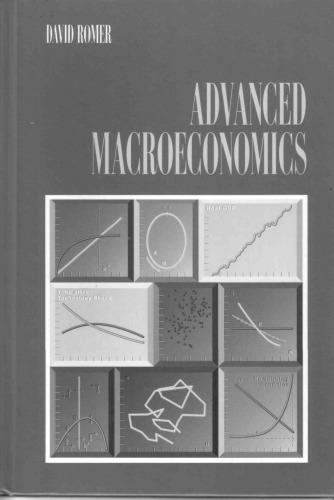10.2. Efficiency wages and bargaining. Summers (1988, p. 386) states In an efficiency wage environment, firms that...
Question:
10.2. Efficiency wages and bargaining. Summers (1988, p. 386) states "In an efficiency wage environment, firms that are forced to pay their workers premium wages suffer only second-order losses. In almost any plausible bargaining framework, this makes it easier for workers to extract conces- sions." This problem asks you to investigate this claim. Consider a firm with profits given by = (eL) /awL, 0 < a < 1, and a union with objective function U = wx, where x is an index of its workers' outside opportunities. Assume that the firm and the union bargain over the wage, and that the firm then chooses L taking w as given.
(a) Suppose that e = 1, so that efficiency-wage considerations are absent. (i) What value of L does the firm choose given w? What is the resulting level of profits? (ii) Suppose that the firm and the union choose w to maximize Uy, where 0 < y10.2. Efficiency wages and bargaining. Summers (1988, p. 386) states "In an efficiency wage environment, firms that are forced to pay their workers premium wages suffer only second-order losses. In almost any plausible bargaining framework, this makes it easier for workers to extract conces- sions." This problem asks you to investigate this claim. Consider a firm with profits given by = (eL) /awL, 0 < a < 1, and a union with objective function U = wx, where x is an index of its workers' outside opportunities. Assume that the firm and the union bargain over the wage, and that the firm then chooses L taking w as given.
(a) Suppose that e = 1, so that efficiency-wage considerations are absent. (i) What value of L does the firm choose given w? What is the resulting level of profits? (ii) Suppose that the firm and the union choose w to maximize Uy, where 0 < y
(b) Suppose that e is given by equation (10.12) in the text: e = [(w - x)/x] for w > x, where 0 < < 1. (i) What value of L does the firm choose given w? What is the resulting level of profits? (ii) Suppose that the firm and the union choose w to maximize U0ya. What level of w do they choose? (Hint: for the case of B = 0, your answer should simplify to your answer in part [a][i].) (iii) What is (In w)/ay at y = 0? Is this elasticity higher with efficiency wages than without, as Summers argues? Is the impact of bargain- ing on the wage qualitatively different with efficiency wages, as Summers implies?
Step by Step Answer:







